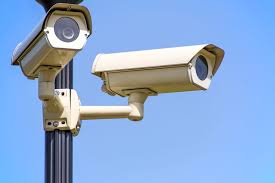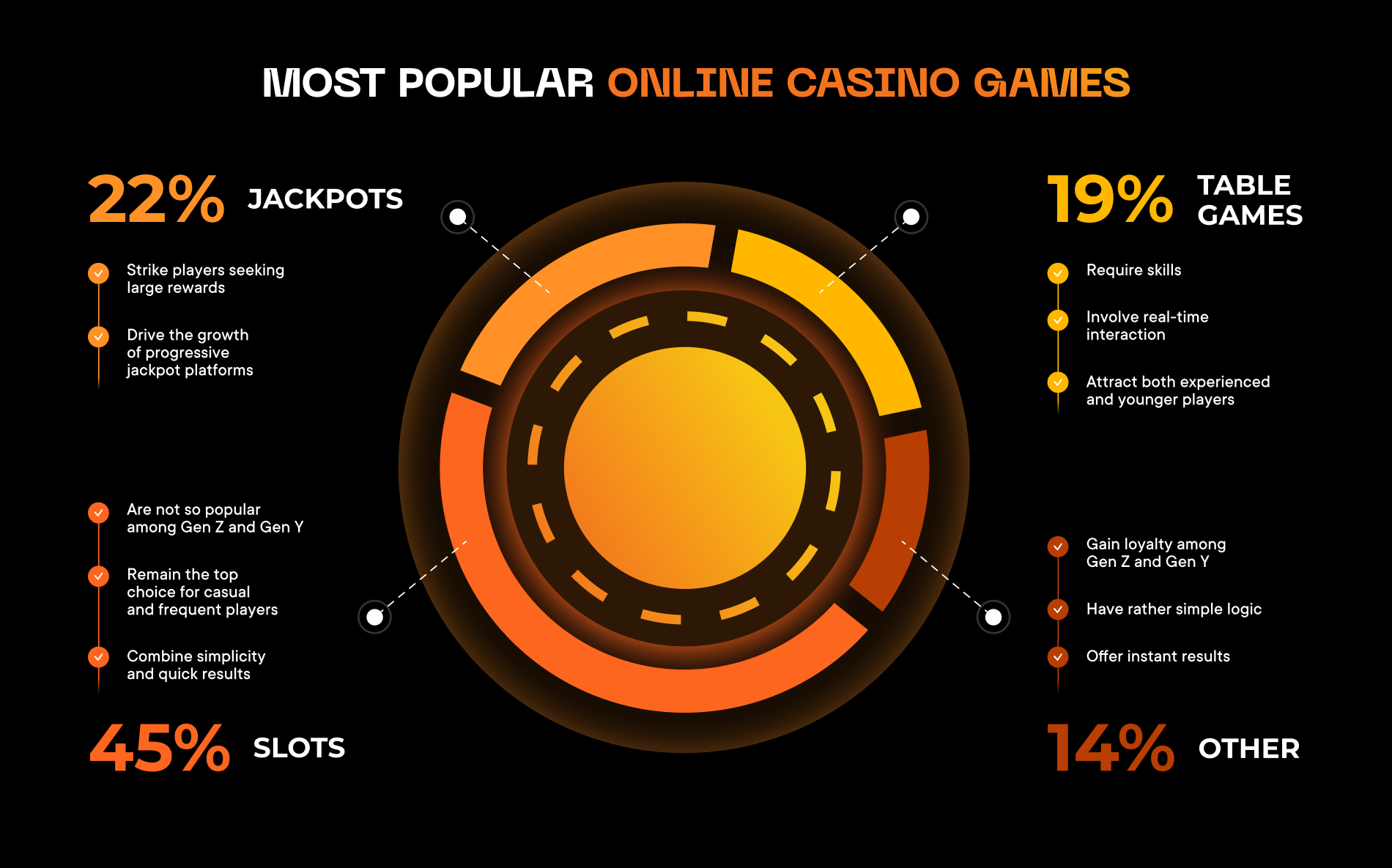I think this is a question that comes to mind when we see cameras in shops, homes or public places. Can CCTV footage be used in court? That is something we should understand clearly. I remember when a fight happened near our street and someone said the camera footage could help in court. That made me curious and I started learning more about it.
If you are also thinking about this then you are in the right place. We will talk about how CCTV works when it can be used in court and what you should know before using it as evidence.
What Is CCTV Footage
CCTV means closed circuit television. It is used to record what is happening in a place. CCTV footage is the video that is saved by the camera. This footage can show people events and actions. It is used in homes, shops , schools, offices and even on roads.
We use CCTV to stay safe and to know what happened in case of a problem. That is why many people ask if this footage can help in court.
Can CCTV Footage Be Used in Court
Yes CCTV footage can be used in court. But there are some rules. The footage must be clear and real. It should not be changed or edited. It must show something important that helps the case.
We should know that not all footage is accepted. The judge will look at the video and decide if it is useful. If the footage is blurry or does not show anything important then it may not help.
I once saw a case where someone stole a bike and the camera showed it clearly. The police used that video in court and the person was punished. So yes CCTV can help but only if it is good and follows the rules.
What Makes CCTV Footage Useful in Court
Here are some things that make CCTV footage useful
- It must be clear and show faces or actions
- It must be saved properly and not changed
- It must be taken from a legal camera
- It must be related to the case
- It must be shown by someone who knows how it was saved
If all these things are true then the footage can be used in court. We should always keep the footage safe and not delete it.
What If the Footage Is Edited
If the footage is edited or changed then it may not be accepted in court. That is because the court wants real and honest evidence. If someone changes the video then it can be called fake.
We should never change the footage. If we need to cut a part then we should tell the court and explain why. That helps build trust and shows that we are honest.
Are All Cameras Allowed
Not all cameras are allowed. If a camera is hidden or placed in a private place like a toilet then the footage may not be accepted. That is because people have a right to privacy.
We should only use cameras in public or open places. If we want to use footage from a private place then we should have permission. That helps avoid problems in court.
Should You Use CCTV Footage in Court
Yes you should use CCTV footage if it helps your case. But you should follow the rules. You should keep the footage safe and show it in the right way. You should also talk to a lawyer who can guide you.
I think CCTV is a strong tool but we should use it with care. If we follow the rules then it can help us get justice.
My Personal Experience
I remember when a small accident happened near our gate. A car hit a bike and the driver said it was not his fault. But our camera showed the truth. We gave the footage to the police and they used it in court.
The judge saw the video and understood what happened. The driver had to pay for the damage. That showed me how useful CCTV can be if used the right way.
What You Should Know Before Using CCTV in Court
Here are some things you should know
- Keep the footage safe and do not delete it
- Do not change or edit the video
- Make sure the camera was placed legally
- Talk to a lawyer before showing the footage
- Be ready to explain how the footage was saved
We should always be honest and careful. That helps the court trust us and accept the footage.
Benefits of Using CCTV in Court
Here are some reasons why CCTV is helpful
- It shows the truth
- It helps solve cases faster
- It gives proof when people lie
- It helps protect innocent people
- It makes people feel safe
If you have good footage then you should use it. It can make a big difference in your case.
FAQ
Q1. Can CCTV footage be used in court?
Yes if it is clear real and follows the rules
Q2. What makes footage useful in court?
It must be clear saved properly and related to the case
Q3. Can edited footage be used?
No edited footage may not be accepted
Q4. Are hidden cameras allowed?
No hidden cameras in private places are not allowed
Q5. Should I talk to a lawyer before using footage?
Yes a lawyer can guide you and help you use it the right way
Q6. Can I use footage from my home camera?
Yes if it shows something important and was placed legally
Q7. What if the footage is blurry?
Blurry footage may not help much in court
Q8. Can CCTV help in small cases?
Yes it can help in accidents theft and fights
Q9. How long should I keep the footage?
You should keep it until the case is over
Q10. Is CCTV always accepted in court?
No it depends on the quality and how it was saved
Meta Description
I think many people wonder whether CCTV footage can actually be used in court. In this article we explain everything in simple words with real facts and personal experience. If you’re curious or dealing with a legal issue this guide is written just for you.
Final Thoughts
I think CCTV footage is a powerful tool if used the right way. We should know the rules and follow them. If the footage is clear and honest then it can help us in court. We should always keep the footage safe and talk to a lawyer before using it.
I hope this guide helped you understand everything in simple words. If you are planning to use CCTV footage in court then now you know what to do. Stay safe and use technology wisely.


